A new project aims to develop recidivism predictive models emphasising a gender equality perspective and conforming to EU legislation for non-discriminative AI. Recently, a kick-off meeting in Athens brought together the project partners to discuss objectives, plans, and collaborative efforts to ensure that this solution can support justice systems with fairer and more accurate assessments.
Recidivism poses a significant challenge to justice systems worldwide. This cycle not only burdens correctional facilities but also has profound social and economic implications. Traditional approaches to tackling recidivism often fail to address the nuanced factors that contribute to reoffending, including those related to gender. Finding fair and accurate ways to support the assessment of the risk of recidivism is crucial for creating a more equitable and effective criminal justice system.
Introducing the FAIR-PReSONS Project
The IPS-partnered FAIR-PReSONS “Fair Predictions of Gender-Sensitive Recidivism” project, aims to tackle this complex issue head-on. Funded by the European Commission, this ambitious initiative brings together experts and organisations across Europe to develop fair and accurate predictive models for recidivism that take gender-specific factors into account.
FAIR-PReSONS’ primary goal is to create a system that can provide insights into recidivism risks while addressing the biases that currently exist in predictive tools. To do this, the project will employ different steps to focus on bias assessment, bias mitigation, and explainability analysis. Bias assessment and mitigation will be addressed through statistical and machine learning tools. With transparency as a crucial aspect of crafting a fair system, the process will include tools to interpret and explain its decision-making process and guidelines for understanding the system’s outputs.
The project will gather comprehensive data from multiple European countries to ensure diverse and accurate predictive models. A user-friendly platform will be created for legal practitioners to use the developed models in their decision-making. Additionally, the project focuses on educating judges and other legal practitioners on using the system effectively. The findings and tools will be widely shared and implemented across the justice systems in participating countries to ensure the project’s impact.
The project officially began with a kick-off meeting held on June 18, 2024, in Athens. The meeting served as an essential platform for introducing the project’s goals, discussing logistics, and establishing the framework for collaboration among partners.
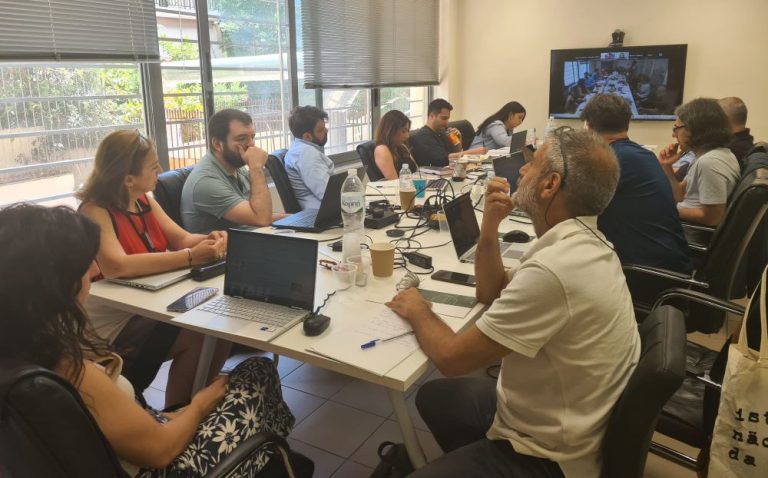
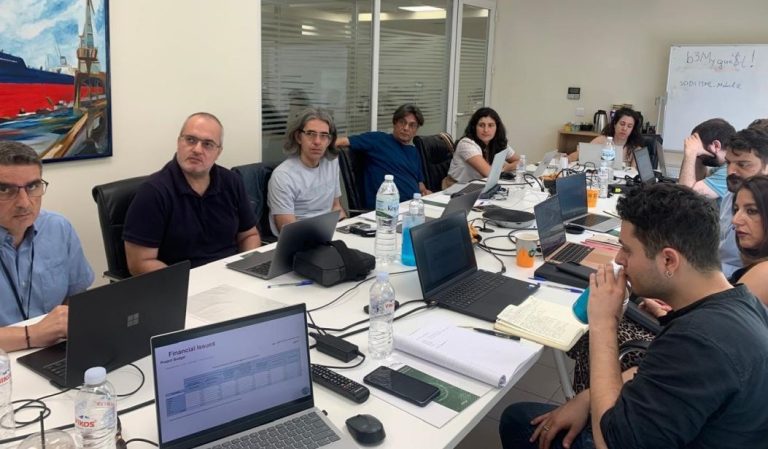
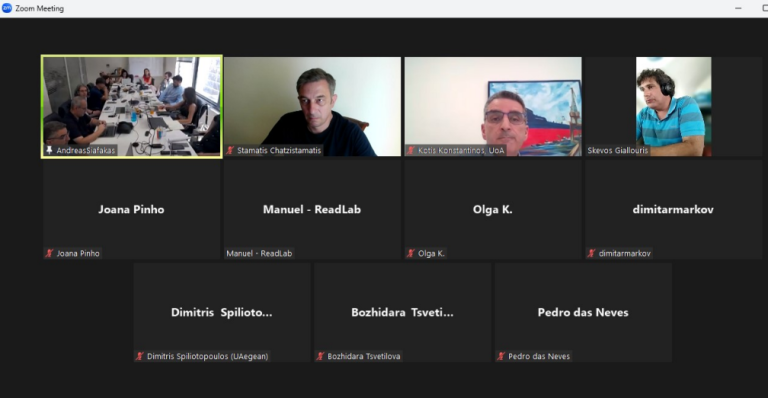
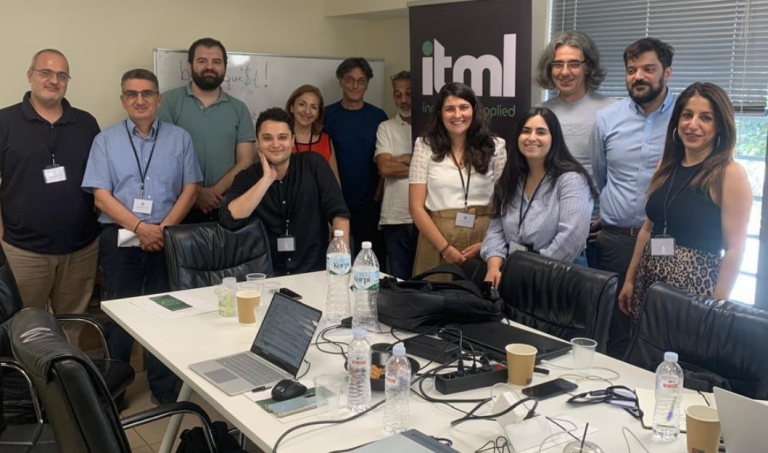
Defining the foundational parameters for a new approach to recidivism
At the kick-off meeting, an engaging discussion emerged about the importance of having a common understanding and a shared definition of recidivism to ensure consistency in data collection and comparability across different countries.
In a follow-up meeting in July 16th, 2024, the partnership has already begun working on clarifying international concepts and establishing a unified approach for requesting information from public agencies to ensure data comparability.
The partnership has compiled a literature review and is working to deliver a properties matrix later this year, identifying relevant variables on gender and discrimination, and formulating the requirements for data collection.
Participants agreed that beyond the preliminary actions of classifying data and identifying sensitive variables from past research, it is important not to limit the research to those already suggested by existing literature. Instead, the research should remain open to discovering new variables that could be relevant to the recidivism phenomenon.
With clear goals and a robust framework in place, the project is well-positioned to make significant contributions to the justice system, promoting fairness and reducing reoffending rates across Europe.
Learn more about this project

FAIR PRESONS
Fair predictions of gender-sensitive recidivism
To learn more about this initiative, visit its project page.
Related projects
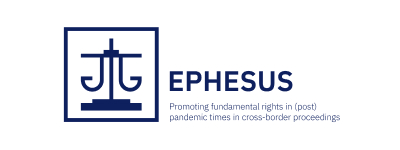
EPHESUS
Promoting fundamental rights in (post) pandemic times in cross-border proceedings

NO-OBLIVION
Promoting Universal Jurisdiction while Evoking the Crimes Committed within the Former Yugoslavia

FAIR PRESONS
Fair predictions of gender-sensitive recidivism

SafeBorders
Strengthening Judicial expertise and Frontline support to combat Child Trafficking

FULL-PROOF
Ensuring the due course of criminal proceedings via strengthened respect for the procedural rights of the suspect and the accused

J-CAP Next
Judicial cooperation for the enhancement of mutual recognition regarding probation measures and alternative sanctions – EPP software 3.0
Related news

Shaping the future of rehabilitation with immersive tools and smart systems at ICPA 2025
Read More »
New database supports judicial practitioners apply fairer pre-trial supervision in EU cross-border cases
Read More »
Creating a more effective and harmonised application of the Framework Decision 2008/947 to improve rehabilitation prospects
Read More »




